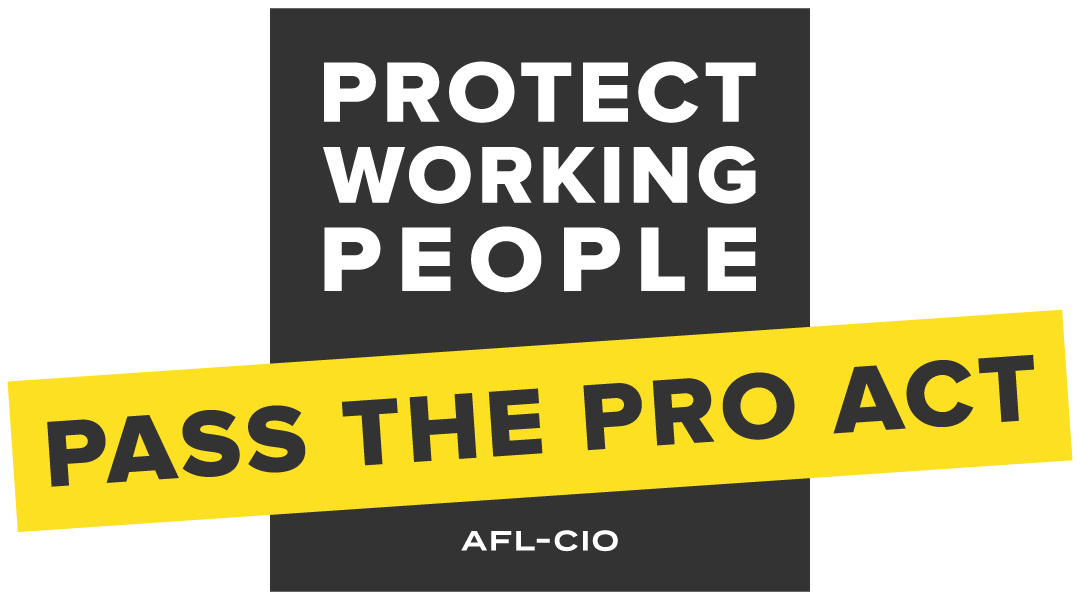
The PRO Act, Freelancing and Creative Professionals
The National Labor Relations Act (NLRA) protects workers who advocate for improvements on the job or seek to organize a union, but it only extends those protections to workers classified as “employees” under a very narrow definition of that term. Workers classified as “independent contractors” are not protected by the NLRA.
Employers often misclassify their employees as independent contractors, thereby excluding their workforce from the NLRA’s protections. This allows employers to ensure their workers will not come together to form a union and negotiate for better working conditions under the NLRA. It’s simple. The PRO Act’s ABC test provides a clear and fair method for ensuring that employees receive the NLRA’s protections—and nothing more.
What Is the ABC Test?
It is a straightforward test to identify which workers are employees under the NLRA and which workers are independent contractors outside the coverage of the NLRA.
The ABC test is not new. About half the states use an ABC test under their state unemployment insurance law and a few other states use an ABC test under their state wage and hour law.
The PRO Act Will Not Lead to Freelance Journalists and Creative Professionals Losing Work
Nothing in the PRO Act outlaws any kind of work arrangement, including independent contracting, gig work and freelancing. The only way the PRO Act could possibly affect freelance journalists or creative professionals is that it might allow them to join a union and engage in collective bargaining, but only if they choose to. Those not wanting to organize a union or engage in collective action would be unaffected. The PRO Act would not stop freelance journalists or creative professionals from continuing to do freelance work.
The PRO Act Would Not Force Companies to Hire Their Independent Contractors as Employees
The PRO Act does not affect any of the laws that typically determine whether someone is hired as a W-2 employee, most notably tax law, but also minimum wage, overtime, unemployment insurance, workers’ compensation, etc.
The ABC employee status test is just that—a test to determine who is an employee under the NLRA. If the test is applied and the workers are deemed to be independent contractors, the inquiry stops there. If the workers are found to be employees, and a majority choose to form a union, they may negotiate with their employer for better pay and better working conditions. It’s important to remember that workers who organize their workplace have no interest in their employer going out of business.
The ABC Test Does Not Require Workers to Join a Union
It remains the case that before any union is formed, employees must join together and request that their employer recognize the union, and a majority of the employees must support the effort to form a union. Protecting the right of workers to form or join a union does not require workers to do so.


